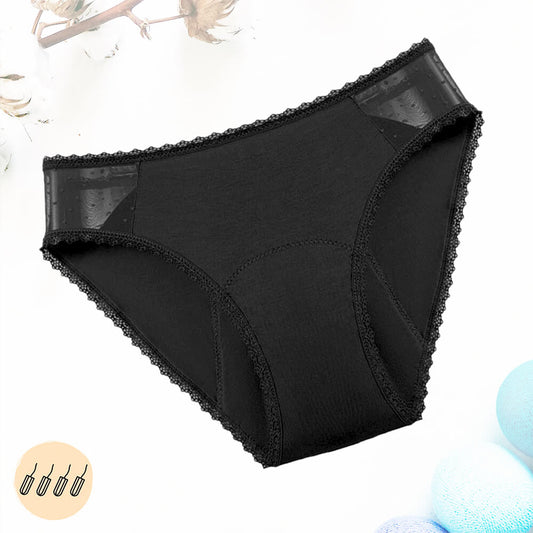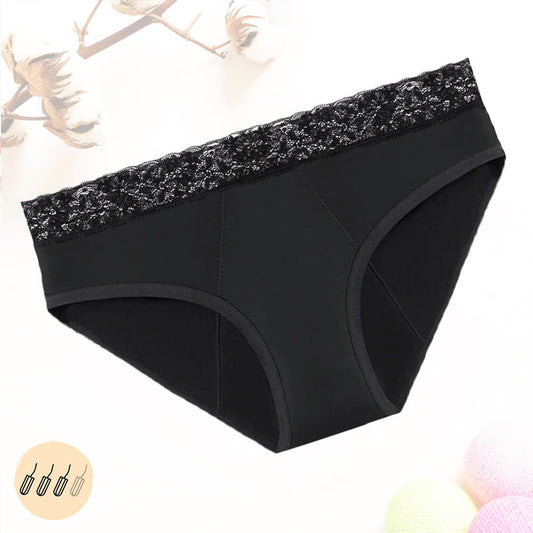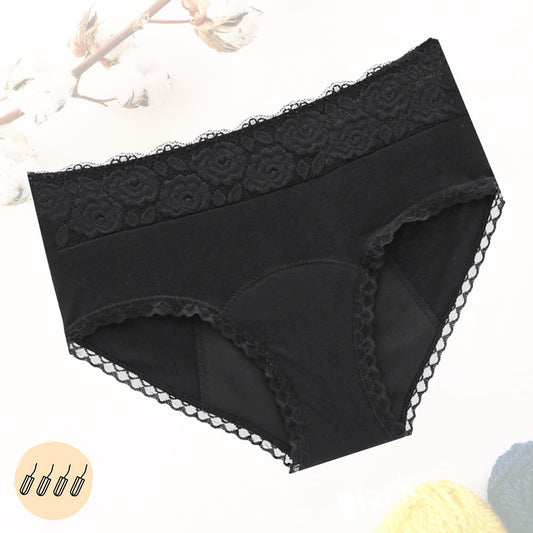
What Causes Urinary Incontinence During Pregnancy?
After pregnancy, incontinence problems may persist because childbirth weakens pelvic floor muscles causing an overactive bladder. pregnancy and childbirth can also contribute to bladder control problems due to different factors:
- Your baby takes up a lot of space. As your child grows and the uterus expands, it puts increased pressure on the muscles of the bladder, urethra and pelvic floor which can lead to light bladder leakage.
- Changes in progesterone levels during pregnancy can weaken the pelvic floor. Hormonal changes loosen your ligaments and joints so the belly can expand and you can give birth. But it can also loosen the ligaments in the pelvis that help you hold urine in. Also called cystocele.
- Childbirth, especially vaginal birth, can stretch and weaken the pelvic floor muscles. This can lead to pelvic organ prolapse in which your bladder, uterus, or rectum slips out of its original position. A prolapse can be associated with urinary incontinence.
- Vaginal birth can also lead to pelvic muscle and nerve damage which can lead to problems with bladder control. Prolonged pushing, long delivery or with forceps are the main reasons for this.
How To Avoid Or Reduce The Risk Of Urinary Leaks When You're Pregnant?
Although you cannot always prevent urinary incontinence, you can take a few steps to minimize the risks. There are several techniques to reduce leaks. Strengthening your perineum, changing your diet or losing weight can help improve bladder control and reduce urinary leakage.
Strengthen Your Perineum
The exercises for strengthen your perineum (or Kegel exercise) are simple exercises, specifically intended for strengthen the pelvic floor muscles. This preventive rehabilitation helps your muscles to prevent stress urinary incontinence suffered by pregnant women. These exercises should be done regularly to help prevent weakening of the pelvic floor muscles. Kegel exercises are highly recommended during the postpartum period (after childbirth) to promote tissue healing and thus increase muscle strength of the perineum.
To perform these exercises, you must:
- Keep your abs, thighs and buttocks relaxed
- Tighten the pelvic floor muscles as if to hold back an urge to urinate
- Hold contraction work (5 sec)
- Then relax your muscles for (10 sec)
- Repeat the exercise about 3 to 5 times a day
Change Your Habits
In addition to strengthening your perineum, there are some other non-invasive methods to eliminate or reduce the risk of urinary incontinence:
-
Limit weight gain during pregnancy to reduce the extra pressure on your bladder. Losing weight after your baby is born can also help relieve some of the urinary incontinence.
- Eat fiber-rich foods to avoid being constipated, as constipation can also make the symptoms of bladder leakage worse by putting extra pressure on your bladder.
- Reduce your consumption caffeine (coffee or tea), carbonated drinks, alcohol and tobacco which irritate your bladder and cause urinary leakage.
- Limit the amount of fluids you drink after dinner to reduce trips to the bathroom during the night.
- Use period panties to effectively stop urinary leakage. In addition, our period panties for urinary leakage are pretty, comfortable and discreet.
Do Urinary Leaks Go Away After The Baby Is Born?
Incontinence symptoms of some women disappear within days or weeks of the birth of their baby. For others, urinary leakage continues or worsens. However, incontinence can be quite easily controlled with dietary changes and strengthening exercises perineum and pelvic floor.

Are Some Women More At Risk During Pregnancy?
Women who have already an overactive bladder or urge incontinence will likely have symptoms that persist or worsen during pregnancy.
Other risk factors include:
- older age
- to be overweight
- have already given birth vaginally
- have had previous pelvic surgery
- smoking, which causes a chronic cough
Period Panties adapted to urinary leaks





